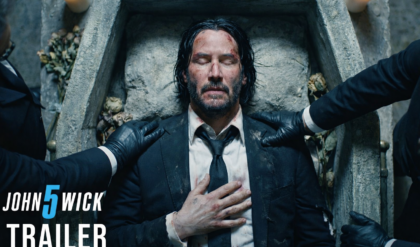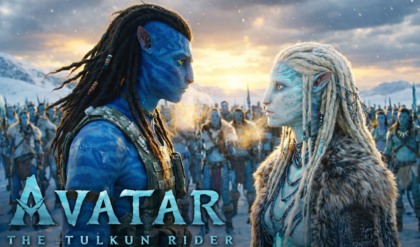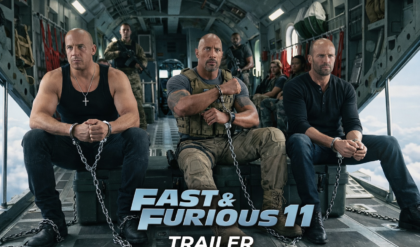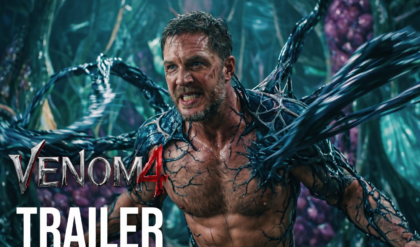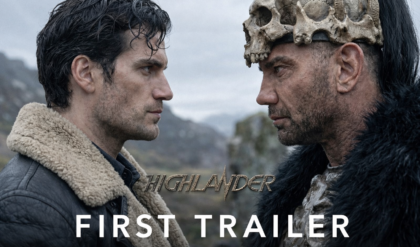The past few weeks have seen a constant barrage of shocking revelations about Assassin’s Creed Shadows. Every time new information leaks, the situation only gets worse for Ubisoft. As a longtime fan of the series—having played nearly every game (except for some of the side-scrollers)—I’ve followed these developments closely. Despite the franchise’s ups and downs, Assassin’s Creed has always been my guilty pleasure. While some players return to Call of Duty every year, I find myself drawn to Assassin’s Creed for its unique blend of historical settings and action-packed gameplay. I’m a sucker for interacting with history, and Japan has been a long-desired setting for fans wanting to explore it within the series.
However, things are not going well for Ubisoft with this latest installment. A mutual contact on the channel, Sho Condo, has been covering the game and has faced heavy criticism from fans for his content. Sho has also communicated with an Ubisoft insider, who revealed some alarming details. The first bombshell? Yuk’s storyline was being erased and heavily altered before release. This aligns with what multiple insiders have also confirmed. The insider revealed that the initial delay of the game was partly due to fixing glaring historical inaccuracies, especially with how Japan was portrayed in the game. Unfortunately, there’s more to this.
According to the insider, Ubisoft is now scrambling to fix major errors in Yuk’s storyline, especially after being criticized for the franchise’s lack of cultural accuracy. In response to fan backlash, Ubisoft has taken action by re-recording lines for the character Yasuke and editing entire cinematics to address the issues. Despite these efforts, the insider admits that there’s only so much Ubisoft can do before the game’s March 20th release.
The insider expressed deep regret that Ubisoft didn’t hire the proper talent to handle a game of this scale. The lack of attention to detail and respect for Japanese culture has caused embarrassment within the company. Ubisoft’s oversight was described as hubris, with many crucial mistakes fixed only in secret. Worse yet, the insider revealed that even more significant issues have been concealed from the public.
Another point of contention is Ubisoft’s decision to include disturbing content like limb dismemberment and beheadings in Shadows. This was seen as culturally insensitive, especially for a game set in Japan. In Japanese games, such graphic violence against human characters is typically banned, but Ubisoft ignored this cultural norm. Players can massacre Japanese soldiers, innocent villagers, and even priestesses, which is a troubling choice for a game set in such a sensitive cultural context.
The insider noted that this decision could lead to backlash in Japan, with many feeling that the game was disrespecting their culture. The portrayal of Yasuke—playing as a foreigner who kills innocent Japanese people—has raised concerns about the potential for racism accusations. While the gaming industry often criticizes games like Resident Evil 5 for its racial depictions, Shadows has largely been overlooked, despite its problematic portrayal of Japanese characters.
Sho Condo believes the only way to prevent future mistakes like this is for Shadows to fail commercially. If the game does well, it sends the message that Ubisoft’s approach is acceptable, despite the ongoing historical inaccuracies and cultural missteps. While the game may still find an audience—given its brand recognition and dedicated fanbase—it’s clear that Shadows is facing a steep uphill battle to redeem itself.
The history of the Assassin’s Creed franchise has definitely been a rollercoaster, especially with how the brand has weathered controversies and launched games with serious issues. It’s wild that Unity—despite being known for its technical problems—still managed to sell nearly 2 million copies within a week of release. It really shows how powerful a brand can be when it has a dedicated fanbase, even if the game itself isn’t in great shape. The aftermath of Unity led to a slump for Syndicate, but its improved quality allowed it to recover a bit thanks to positive word of mouth.
It’s interesting to see how the reception to Valhalla and other Ubisoft games has evolved over time. Ubisoft definitely made a lot of money off Valhalla, but there’s this growing sense of exhaustion around their formulaic approach—especially with open-world games that can feel “bland” or overly familiar.
And then there’s the controversy surrounding the upcoming Shadows game, especially the discourse around the portrayal of Japan and the Yasuke character. It seems like Ubisoft’s approach is drawing a lot of criticisms, not just about the content but also the way it’s being handled behind the scenes. This insider insight into the turnover rate and production struggles within Ubisoft definitely suggests a lack of cohesion in the company.
What do you think about how Ubisoft has handled its franchises over the years? Do you feel like they’ve gotten too comfortable with the “formula,” or is there hope for a return to form with Shadows?
This insider perspective really sheds light on some concerning patterns within Ubisoft, especially regarding creative freedom and the direction of their games. The idea of stifling developers into rigid roles—like only specializing in enemy behavior—sounds like a creativity killer. It’s no surprise that many top-tier devs are leaving or shifting to smaller, more flexible projects where they have room to innovate without being boxed into repetitive, formulaic tasks. Ubisoft’s insistence on sticking to a known “safe” formula could be why so many recent games feel uninspired and formulaic.
The point about Ubisoft pushing political themes in a shallow, sales-driven way also resonates. Many recent Ubisoft titles like Far Cry 5 and Watch Dogs 2 were marketed as being deeply political, but they never fully committed to any specific stance. They flirted with controversial topics, yet didn’t deliver meaningful commentary—just enough to stir the pot without fully exploring those issues. It comes across as disingenuous, especially when paired with the company’s internal scandals and the mishandling of social issues.
And then there’s the issue with Shadows and the Yasuke controversy. Erasing parts of his story and the lack of historical accuracy only highlight how disconnected the developers might be from the cultural context they’re working within. Ubisoft’s inability to stick to its own principles—whether it’s related to diversity, history, or creative vision—could make Shadows feel like just another attempt to capitalize on a brand without truly respecting the source material.
Do you think Ubisoft will ever be able to regain its “Golden Age” magic like during Black Flag? Or has the damage already been done? It seems like their insistence on playing it safe and avoiding risks is slowly eroding their identity.
